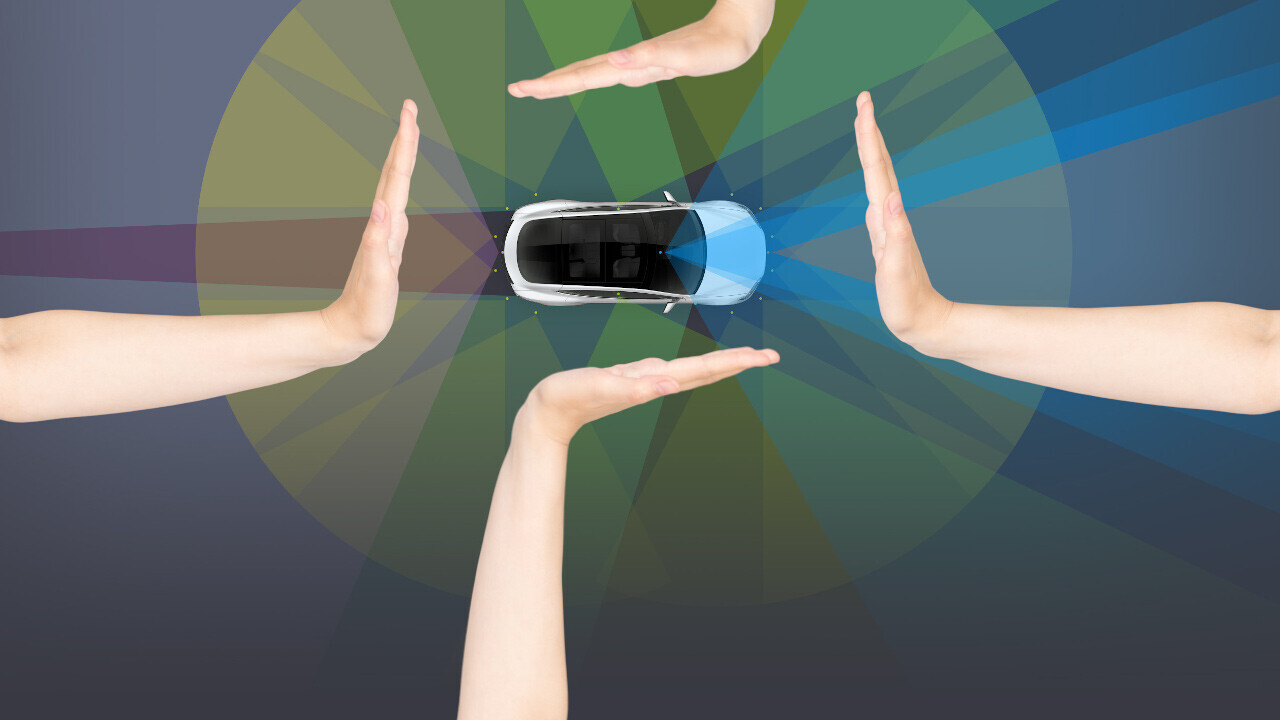
As you might have heard, Tesla is going to remove radar sensors from its North American market Model 3 and Model Y EVs. And it’s already causing problems for the carmaker.
Yesterday, the National Highway Traffic Safety Administration (NHTSA) removed certain safety designations for vehicles produced after April 27. The safety body does not give its “check mark” for forward collision warning, lane departure warning, crash imminent braking and dynamic brake support, Reuters reports.
In other words, the NHTSA no longer recognizes these Tesla vehicles as being up to its safety standards, now that radar has been removed.
It’s worth noting that the NHTSA only gives its approved check mark to vehicles that it’s tested. Removing radar is such a massive change that the NHTSA will have to retest these vehicles before it decides if they’re worthy of getting the check mark again.
So it’s not like the NHTSA is condemning these Tesla models as unsafe death traps, far from it. But it highlights just how important radar systems are in active safety features.
As we pointed out just yesterday, removing radar to rely solely on a camera-based active safety system is opening Tesla up to a host of potentially dangerous infractions.
Cameras are severely impaired when its foggy, rainy, or dark, and in those situations radar can provide a supporting system to ensure active safety features like automatic braking can remain active.
We don’t have a definitive answer on why Tesla is removing radar, but cynics will be quick to jump to conclusions to say it’s all about cost savings.
Clearly Tesla thinks it can make its systems work well enough on cameras alone, but the NHTSA is going to need to see proof.
Do EVs excite your electrons? Do ebikes get your wheels spinning? Do self-driving cars get you all charged up?
Then you need the weekly SHIFT newsletter in your life. Click here to sign up.
Get the TNW newsletter
Get the most important tech news in your inbox each week.




